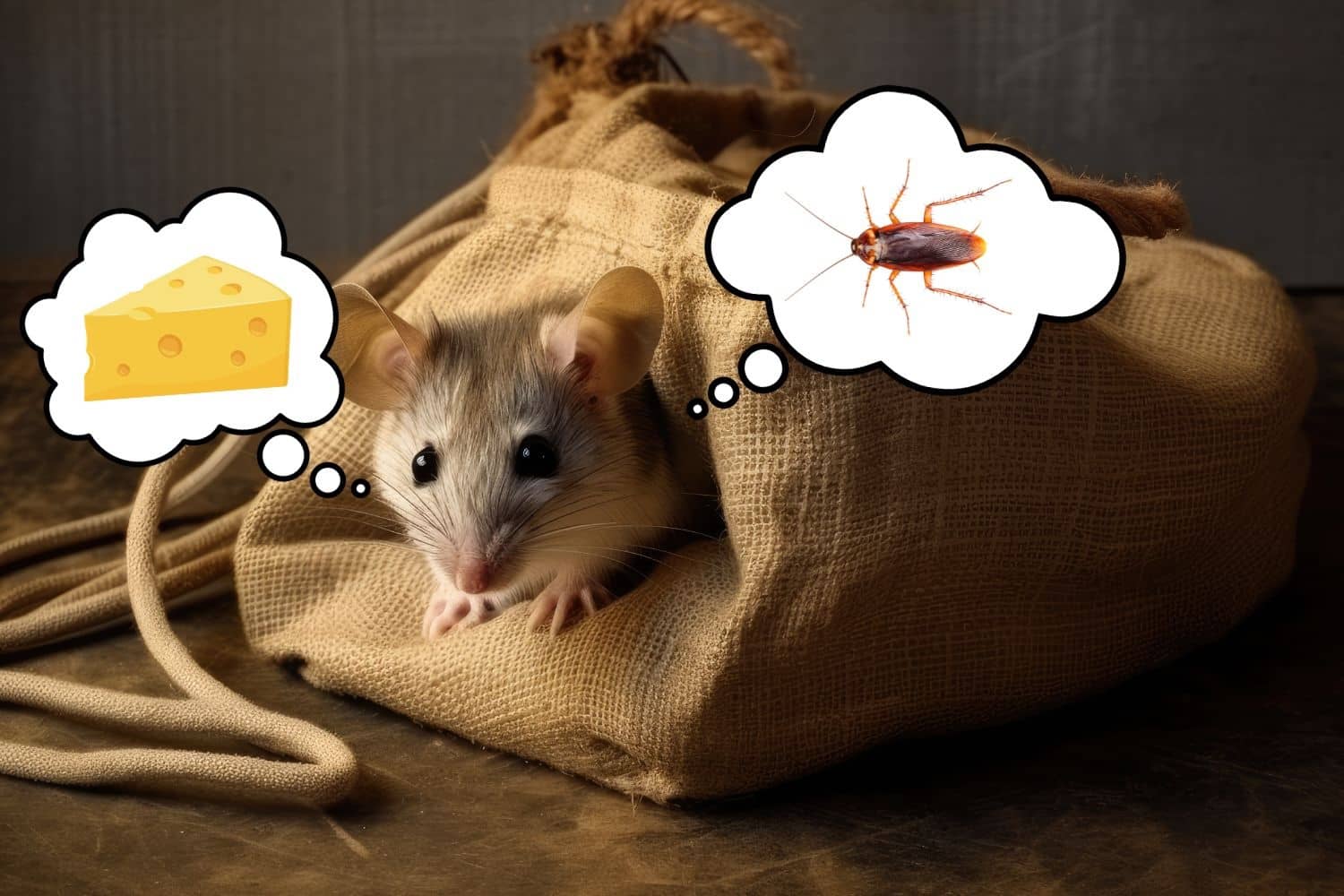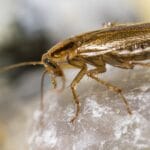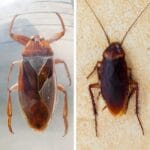Got roaches? Thinking about deploying a furry, four-legged extermination squad? The idea of mice wiping out a roach infestation might sound like a convenient, natural solution. But does this home remedy hold water? Let’s dive into the fascinating (and sometimes unsettling) world of pest-on-pest action and uncover the real deal about mice and roaches.
Mouse vs. Roach: Predator or Scavenger?
The relationship between mice and roaches is more complex than you might think. While mice can eat roaches, it’s not their preferred dining experience. Think of it this way: if you’re at a buffet with steak and a bowl of Brussels sprouts, which are you reaching for first? Mice feel the same way about roaches.
The Mouse Menu: A Culinary Exploration
Mice are opportunistic omnivores, meaning they’re not picky eaters. Their true culinary passions lie in calorie-rich foods like grains, nuts, fruits, and seeds. Insects are part of their diet, but they’re more of a last resort. So, while mice might nibble on a dead roach if they stumble upon it, they’re not actively hunting them down.
Roach Resilience: Tiny Ninjas of the Insect World
Roaches are surprisingly agile. They’re fast, can squeeze into tight spaces, and some species even have wings! Catching a healthy roach is like trying to grab a greased piglet – tricky business. Plus, some roaches have defense mechanisms, like foul-tasting secretions, making them less appealing to predators.
Will Mice Get Rid of Roaches? Separating Fact From Fiction
The short answer is no. Relying on mice for roach control is not only ineffective but can actually worsen your pest problem. Here’s why:
- Roaches Attract Mice: Roach droppings, shed skin, and other debris can serve as a food source for mice, attracting them to your home. Instead of solving your problem, you might end up with two infestations!
- Health Risks: Mice carry diseases, contaminate food, gnaw on wires and furniture, and reproduce rapidly. Trading one pest problem for another is a definite no-win.
Effective Roach Control: Strategies That Actually Work
So, how do you deal with a roach problem? Thankfully, there are much more effective (and less risky) methods than relying on mice:
- Bait Stations: These strategically placed traps contain poisoned bait that attracts and eliminates roaches.
- Roach Traps: Sticky traps capture roaches and prevent their escape. They are particularly helpful in monitoring infestation levels.
- Insecticides: Sprays, dusts, and gels can effectively control roaches. Be sure to follow product instructions and consider targeted treatments in cracks and crevices.
- Integrated Pest Management (IPM): IPM combines various strategies, including sanitation, exclusion (sealing entry points), and targeted treatments, to manage pest populations effectively.
- Professional Pest Control: For persistent or severe infestations, professional pest control is the most efficient and safe solution. Experts have the knowledge, tools, and experience to identify the root cause of your infestation and implement a targeted treatment plan.
Dead Roach Cuisine: A Mouse’s Last Resort?
Ever wondered if those bushy-tailed critters enjoy a nutty snack? Discover the truth about whether do squirrels eat almonds.
Will a mouse eat a dead roach? Yes, they probably will. While not their preferred meal, a deceased roach is an easy, readily available protein source, especially when other food is scarce. A live roach is a different story. Their speed and agility make them a challenging target for mice.
However, encountering both mice and roaches in your home often suggests an underlying sanitation issue. Crumbs, overflowing trash, and unsealed food containers create an inviting buffet for pests. Addressing the root cause, like improving cleanliness and food storage, is crucial for effective pest control.
Rat vs. Roach: A Similar Story
Uncover the impressive power behind a Doberman’s bite and learn more about the Doberman biting force.
Like mice, rats can eat roaches, particularly dead ones, though it’s not their top choice. Live roaches are generally too quick for rats to catch. While a wild rat might occasionally snack on a roach out of necessity, using rats for roach control is ineffective and potentially harmful. They can cause significant damage, spread diseases, and contaminate food.
If you have pet rats, consult your veterinarian before feeding them roaches. Wild and pet rats have different dietary needs. Some roach species might be acceptable in moderation, while others pose risks due to parasites or pesticides.
The Takeaway: Mice Aren’t Roach Exterminators
While mice might occasionally snack on a roach, they’re not the solution to your pest problem. Effective roach control requires a proactive, integrated approach with proven methods or professional intervention. Don’t let the myth of mice as roach exterminators lead you to a worse infestation.
| Scenario | Likely Outcome |
|---|---|
| Mouse encounters dead roach | Mouse probably eats the roach. |
| Mouse encounters live roach | Roach likely escapes; mouse might catch it if the roach is injured or cornered. |
| Mouse eats poisoned roach | Mouse might die from secondary poisoning; this can affect other animals that prey on the mouse. |
| Home has both mice and roaches | Suggests a sanitation issue; professional pest control is recommended. |
| Rat encounters dead roach | Rat likely eats the roach, though it prefers other food sources. |
| Rat encounters live roach | Roach likely escapes; rat might catch an injured or cornered roach. Relying on rats for roach control is ineffective and risky. |
While current research suggests these outcomes are likely, ongoing studies may reveal new insights into animal behavior. Nature is complex, and our understanding of it is always evolving.
- Red Cloud, NE: Discover Willa Cather’s Legacy - April 11, 2025
- Remember Old Social Media Sites? Their Rise and Fall - April 11, 2025
- How many days till Feb 3?Accurate Countdowns & Tools - April 11, 2025
















